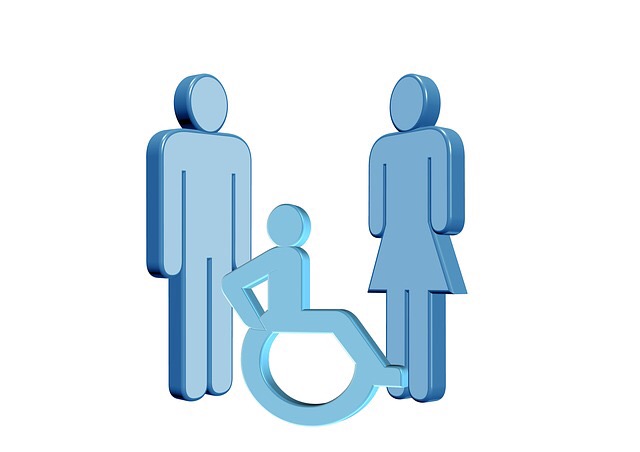Heart disease is the NUMBER ONE killer of WOMEN in the United States. The American Heart Association states that nearly 1 of every 3 deaths in women each year is caused by heart disease. If we break that down a little further, heart attacks alone claim the lives of 3.3 million women annually, while strokes claim 3.2 million annually. The good news in all this is that 80 percent of all cardiac events (strokes included) can be prevented with education and lifestyle changes.
That being said women of all ages should be paying attention to their risk factors for heart disease. Especially women who are under the age of 65, and especially women with a family history of heart issues, need to pay close attention to their own personal risk factors.
Many risk factors for heart disease are the same in women and men like obesity, high cholesterol and high blood pressure. But there are a few that are specific to women. Due to the number of women who suffer from heart disease and strokes every year I think it is a fair assumption to say that there are a LOT of women who don’t know, or don’t pay attention to their risk factors. Sadly, many women in general DO NOT CONSIDER THEMSELVES AT HIGH RISK for developing heart disease and are less likely to pay attention to and make changes for any risk factors they may have. This may be the cause for older women seeing less significant reduction in heart disease rates than older men.
So let’s jump in talk about the risk factors for heart disease in women. We need to do all we can to spread the word about risk factors for heart disease in women, so we can decrease the rates of women dying annually from heart disease or stroke.
RISK FACTORS FOR HEART DISEASE IN WOMEN:
• Diabetes – This is not a condition that only impacts women, but women with diabetes are at a greater risk of developing heart disease than men who deal with Diabetes.
• Mental stress and depression – While mental illness impacts both genders, women’s hearts are more affected by stress and depression than men’s hearts. Those who suffer from depression often find that depression and mental illness can make it harder to keep up with recommendations and continue living a healthy lifestyle. That being said if you feel like you are dealing with depression or mental illness, please call your doctor.
• Inactivity – Leading a lifestyle that has a lack of physical activity is a HUGE risk factor for heart disease! Some research has actually found that women are often more inactive than their male counterparts , thus increasing risk for developing heart disease.
• Nicotene/Smoking – Reaserch has found that smoking puts women at greater risk for developing heart disease than men who smoke.
• Menopause – Women who are post-menopause are at a higher risk of developing cardiovascular disease in small blood vessels due to low levels of estrogen.
• Broken Heart Syndrome – This sounds like a fake issue, but it is real in fact. Broken Heart Syndrome is often brought on by stressful situations, like the loss of a partner or child, and can cause severe, but temporary heart muscle failure. In geberal this condition is seen most commonly in women who are post menopausal. It also may be called Takotsubo Cardiomyopathy, Atypical Balloninh Syndrome, or Stress Cardiomyopathy.
• Chemotherapy and radiation for cancer – Certain treatments that are used for cancer like chemo drugs or radiation therapies increase risk for heart disease. The therapies that are used to treat breast cancer increase the risk more than other cancer treatments.
• Pregnancy Complications – Any woman who develops high blood pressure or gestational diabetes during their pregnancies may increase their long-term risk of high blood pressure and diabetes. Which in turn increases the risk of developing heart disease in mothers. NOTE: Some research has also found that if women had complications in their pregnancy like high blood pressure or diabetes that those babies may have an increased risk of heart disease in the future
• Inflammatory Diseases – The research on this risk factor is ongoing. But some early research has found that women who have conditions like Rheumatoid Arthritis or Lupus may also have an increased risk of developing heart disease.
The risk factors discussed are just that, risk factors. Just because you have any of the conditions or issues noted above does NOT necessarily mean that you will develop heart disease. But you do have a higher risk of developing heart disease. That being said most of the conditions noted above are modifiable. Meaning that the risks can be changed. You can become more active, you can work to lower your blood pressure and you can quit smoking. I hope that by sharing the major risk factors for heart disease in women that some of you will take action and change some of your habits. Please share this post with all the women you know so we can start increasing knowledge and decreasing deaths from heart disease.
With Love,
Amber



